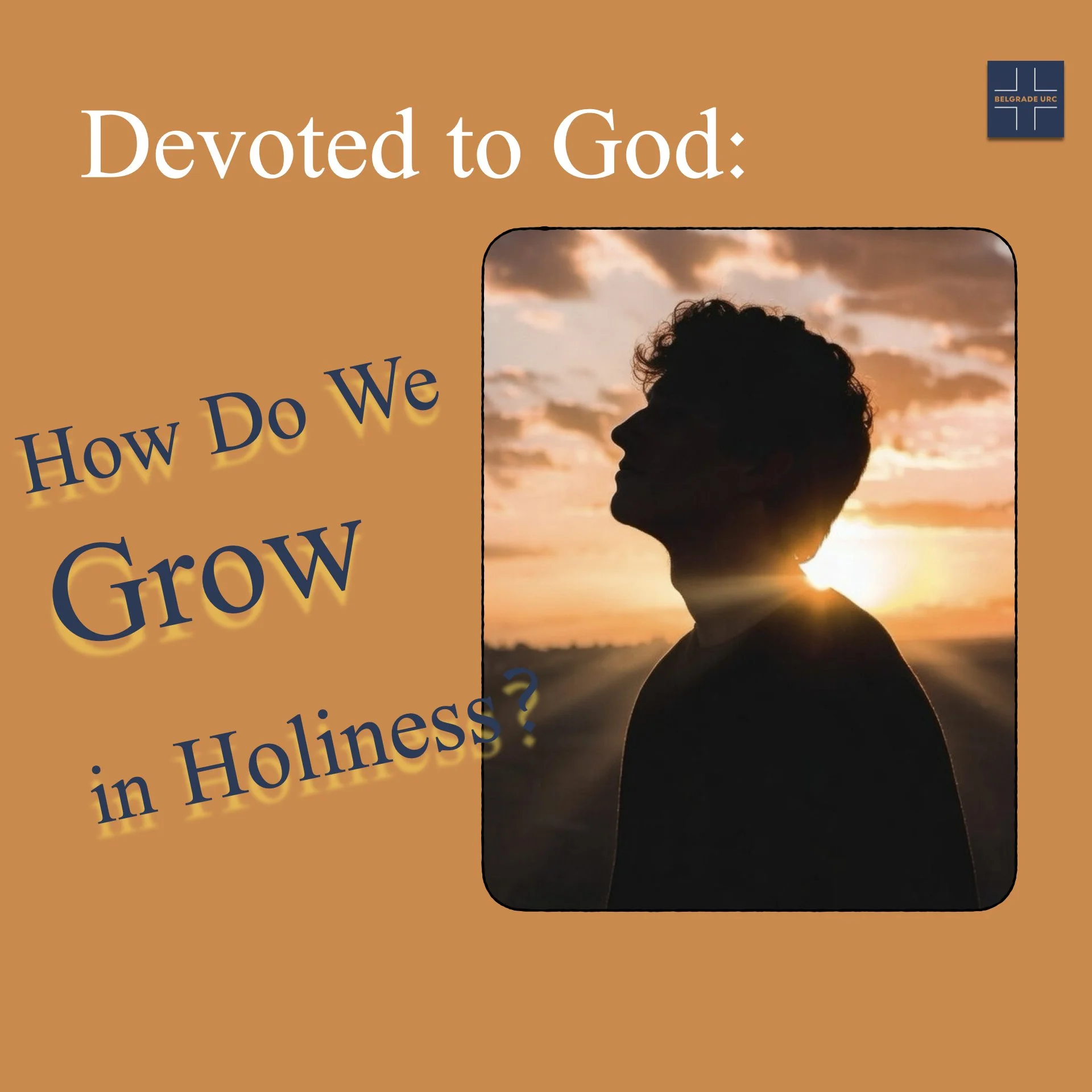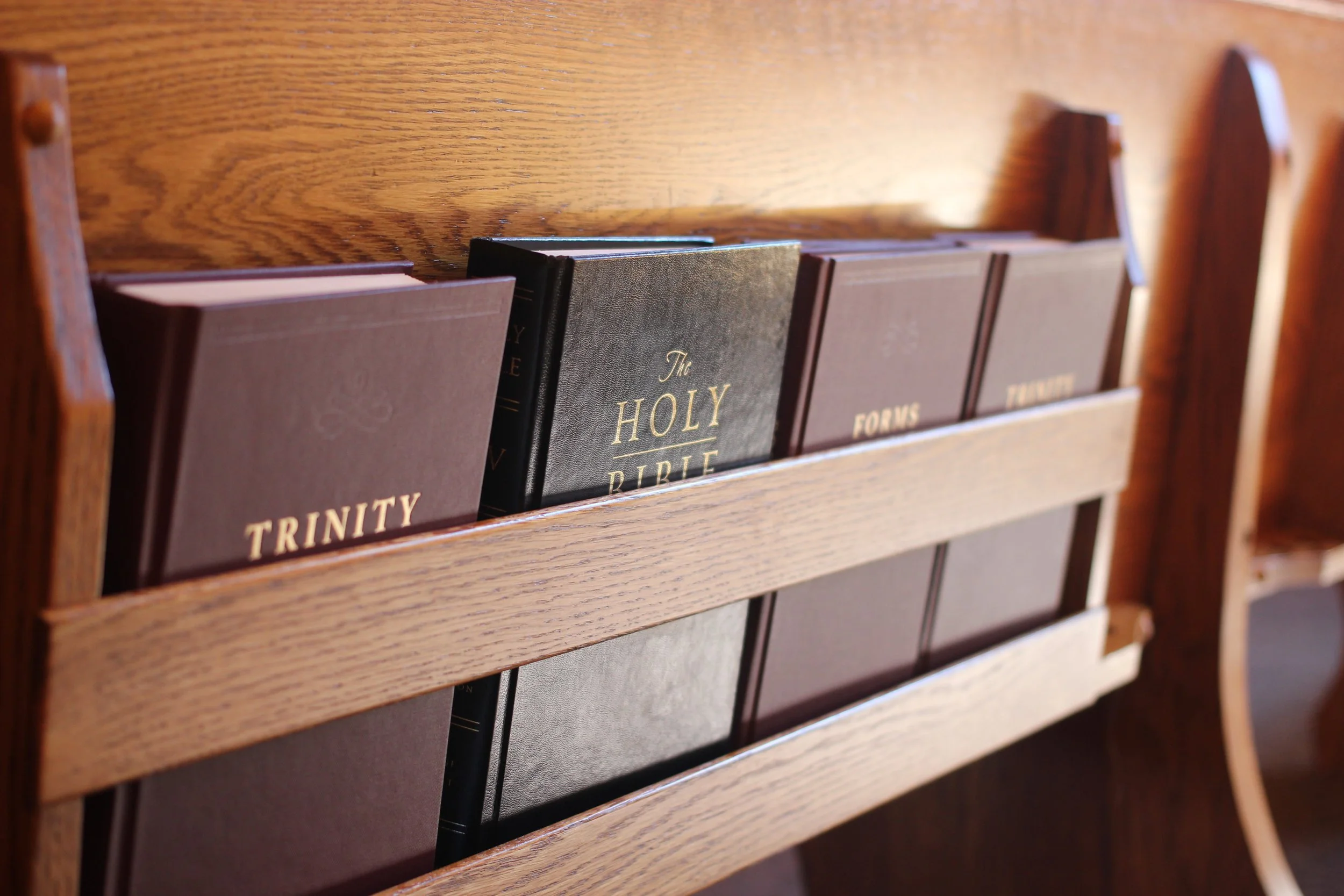Welcome to Our Church
We’re a Bible-based Christian community in Belgrade/Bozeman, Montana.
Our church is a place where individuals and families gather to grow in faith, love, and truth.
As sinners saved by grace alone, through faith alone, in Christ alone. We walk together as sojourners dependent on God’s mercy. We recognize that we are all works in progress. We are drawn together by God’s grace to worship as a new covenant people. In humility and hospitality, we welcome all whom Christ calls, trusting in His kingdom that is not of this world and resting in the reign of our great Redeemer.
Each Sunday, we join believers across time and cultures to worship our sovereign and gracious Lord. We are confident in His promises revealed through His Word.
When you visit, you can expect a worship service rich in Scripture. We focus on Scripture readings, prayer, singing, and preaching centered on God’s Word. Children are welcome in worship as part of God’s covenant family, and we provide spaces for parents with young children to participate comfortably. After the service, join us for coffee, refreshments, and genuine fellowship.
Come experience Christ-centered worship and the beauty of a community shaped by grace.
We gather every Sunday at 10:00 a.m. and again at 6:00 p.m..
We are rooted in the historic Reformed faith as part of the United Reformed Churches in North America (URCNA), our foundation stretches back to the Protestant Reformation and its call to return to Scripture’s truth.
Our Church
Worship 10:00 AM & 6:00 PM
11:15 AM (Education)
Location
17333 Frontage Rd Belgrade, MT
(Frontage Road between Belgrade and Manhattan)
Contact us for more information






The Book of Esther shows how God works even in silence. From King Xerxes’ pride to Esther’s rise, the story reveals His providence through unexpected heroes. Even in exile, God protects His people, fulfilling His promises through the seemingly weak. This week we consider divine sovereignty, human ambition, and faithful courage in the face of uncertainty.